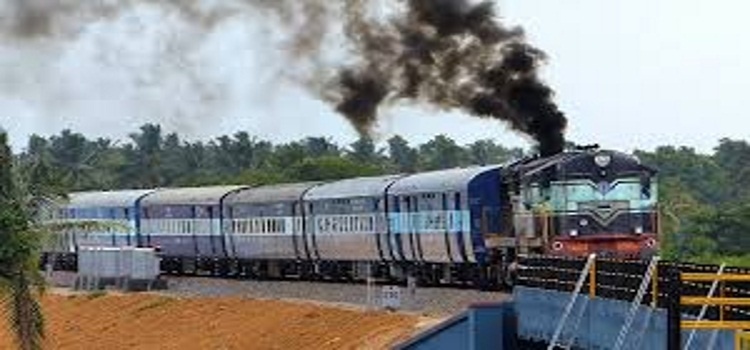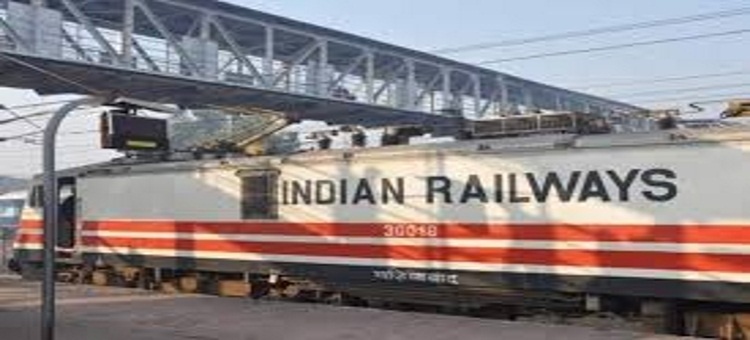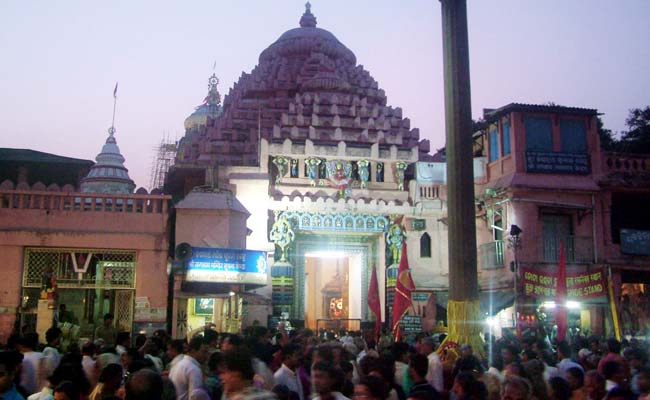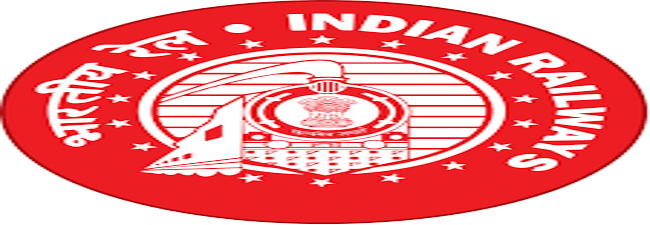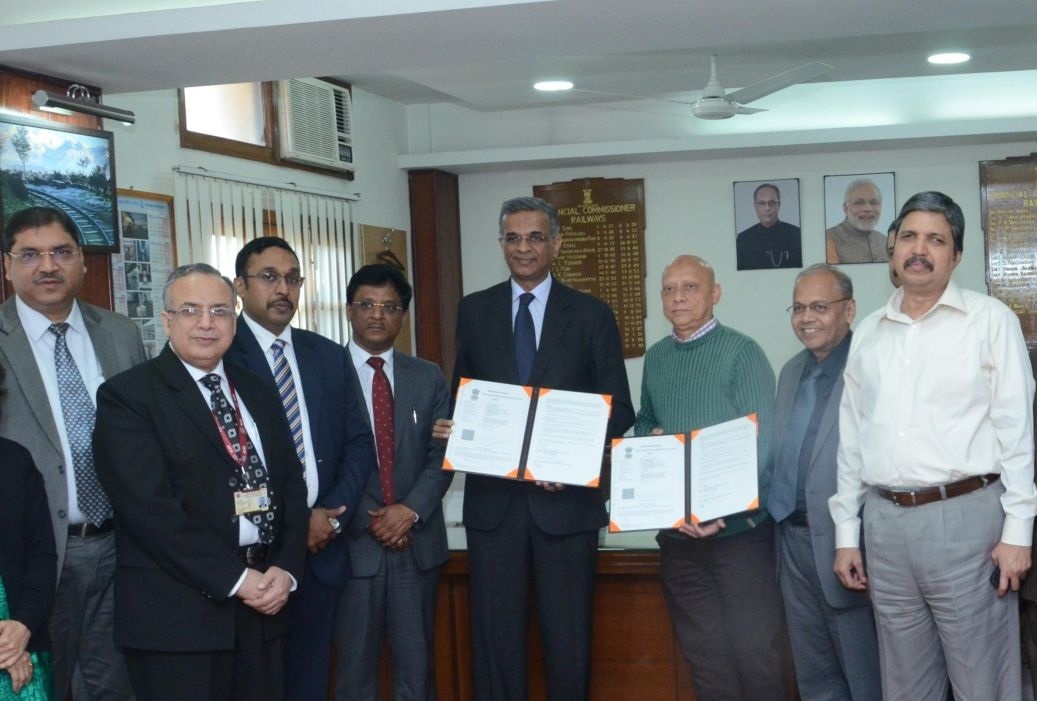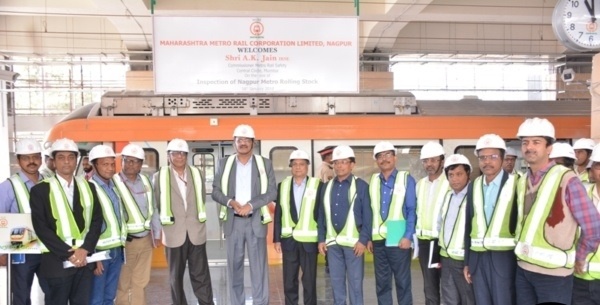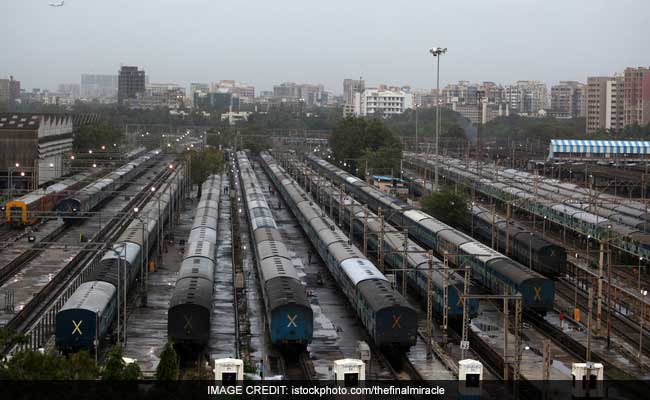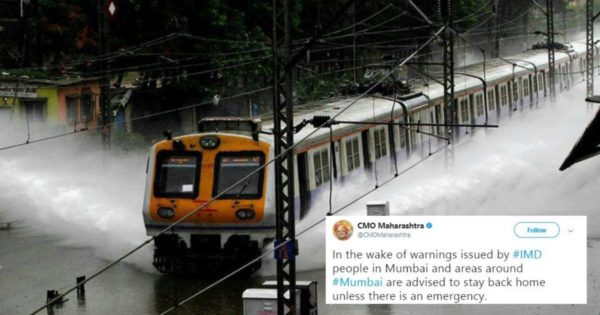
Soon, specialised weather forecasts could help in the operation of train services. The India Meteorological Department (IMD) is piloting for a Specialized Weather Forecast wing for Indian Railways for real-time weather and climate information services for smooth operations of trains.
In the next few months, the IMD is planning to widen its wings in several spheres of weather services to help Railways get real-time data on weather forecasts on various Zonal, Divisional Railway systems including remotest Railway stations coverage.
To this effect, IMD is planning to train its internal resources in lines with the Railway operations and equip the staff to cater to the requirements of Indian Railways for safety and smooth operations of trains.
The condition of weather plays an important role in the operation of train services by Indian Railways as it can damage tracks and electric equipment powering the train.
To overcome such problems, the Indian Meteorological Department is providing real-time weather information such as wind speed, weather interference, weather warnings to the Indian Railways on a pilot basis.
One of the long-awaited improvements in long-range forecast and precision in weather warning may soon be implemented. At present, the IMD provides five-day weather forecast and two days of outlook. The lead time may be increased to 15 days forecast with higher accuracy soon.
Such specialised services would be provided as part of its programmes for sustenance and upgrading forecasting system approved under the NITI Aayog, which has replaced Planning Commission.
IMD to also further coordinate with various other government agencies for providing tailor-made weather forecasts to different sectors on real-time basis, take preventive measures against the spread of infectious diseases, plan power generation etc.
Following a MOU with the Union Ministry of Health and Family Welfare, the department has already started providing climate information feed for health service on an experimental basis.
The specialised weather forecast for four days would predict the possibility of spread of diseases, including malaria and dengue, in a particular region based on the temperature and humidity conditions there.
S.B.Thampi, Deputy Director General of Meteorology, Regional Meteorological Centre, Chennai, said the forecast service for the health sector is likely to be launched in six months across the country.
Power generation is another sector where weather prediction would help plan ahead for power distribution. Following an agreement with the Power System Operation Corporation, the IMD has proposed to develop a demand forecast based on various parameters, including wind, temperature, humidity and onset of sea breeze. Various energy sources like thermal and wind could be operated according to the demand and weather conditions.
There are also plans to upgrade the services already being offered in the tourism and agromet advisory services. Tourists could soon plan their travel better as more places would be covered under specialised forecast.
“There are only eight to ten agromet field units across the State. Agriculture activities vary in every region. We want to set up District Agromet Unit in every district for region-specific meteorological service for agriculture,” said Mr. Thampi.
